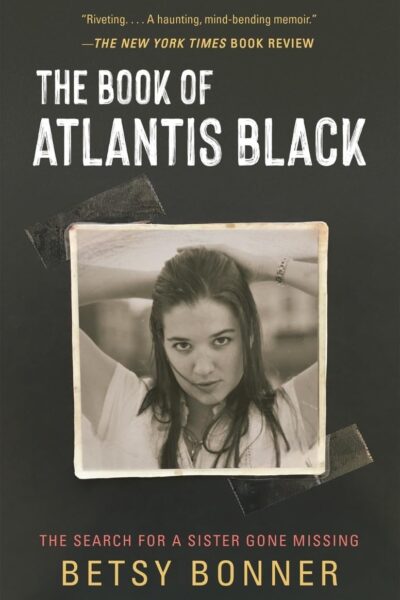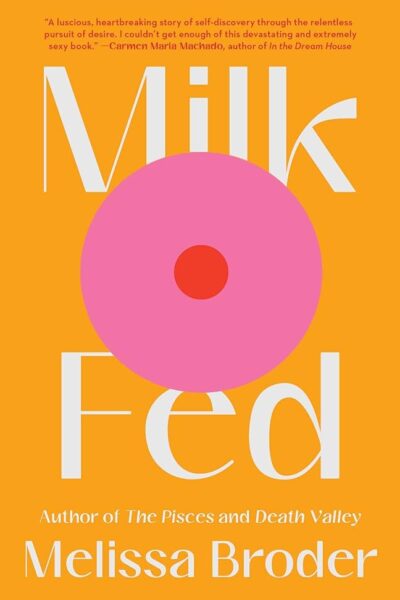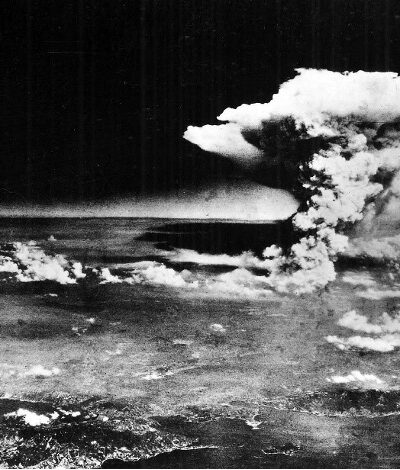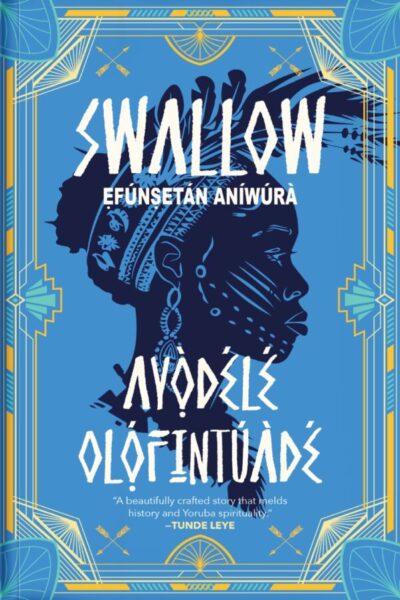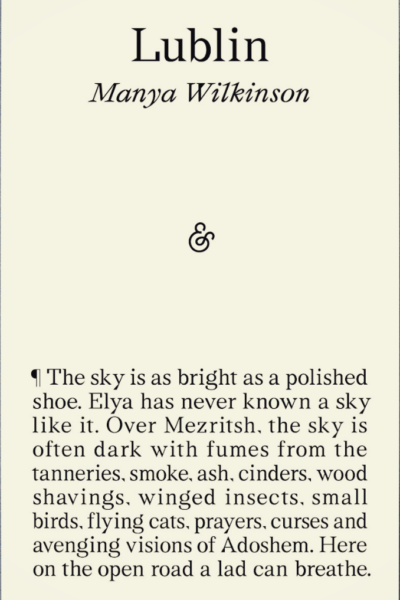Hearts, Chainsaws, and Poetry: On Elizabeth R. McClellan’s “Is My Chainsaw a Heart: 13 Centos”
Who keeps us safe all those nights? We do, by the stories we tell and the stories we cut apart, with chainsaws and with hearts.
Resurrecting the Dead in Confessional True Crime Memoirs
In both memoirs, evidence serves less to solve a crime than to reconstruct a self—both the dead family member and the writer grappling with their loss.
Boring Starvation: On Finding the Eating Disorder Book I Needed
For a while . . . I thought that no one should write about eating disorders at all because there was no way to do so without somehow glamorizing them.
It would be tempting, if you were a theoretical physicist working on the first atomic bomb, to imagine yourself as a demiurge. To frame the process as spiritual longing for God’s wrath . . .
The Women We Inherit: Ayodele Olofintuade’s ‘Swallow’ and the Reclamation of Queer Histories
Our history is in the bodies they tried to straighten, the stories they would not write, the lives they refused to archive.
Elegy Already: Millennials at Middle Age
We were kids together. And now we are not.
Mouthing Off: Oral History as an Anticapitalist Form
An oral history is a unique form of nonfiction where, from the beginning, we are given no promise of truth and the editors make no claims toward a clear, ideologically-specific thesis about their subjects.
The Appearance of Urban Memory in Ukrainian Poetics
This essay was originally published in the Full Stop Quarterly “Literary Dis(-)appearances in (Post)colonial Cities,” edited by Michelle Chan Schmidt. Subscribe at our Patreon page to get access to this and future issues, also available for purchase here. Ukrainian poetics function as a mode of defense against disappearance and a mode of remembrance in the city. I will address the […]
What makes a place utopic? Or rather what is it that makes a place received in people’s imaginations as utopic?
In Search of Impossible Places?: Lublin by Manya Wilkinson
Lublin is not only a road trip on foot in central Europe, nor a coming-of-age novel . . . It is the translation into fiction of the economic migrant’s existential condition, caught and lost in the endless borderland that extends between their deprived place of origin and the metropole’s illusion of socio-economic elevation and fulfillment.



